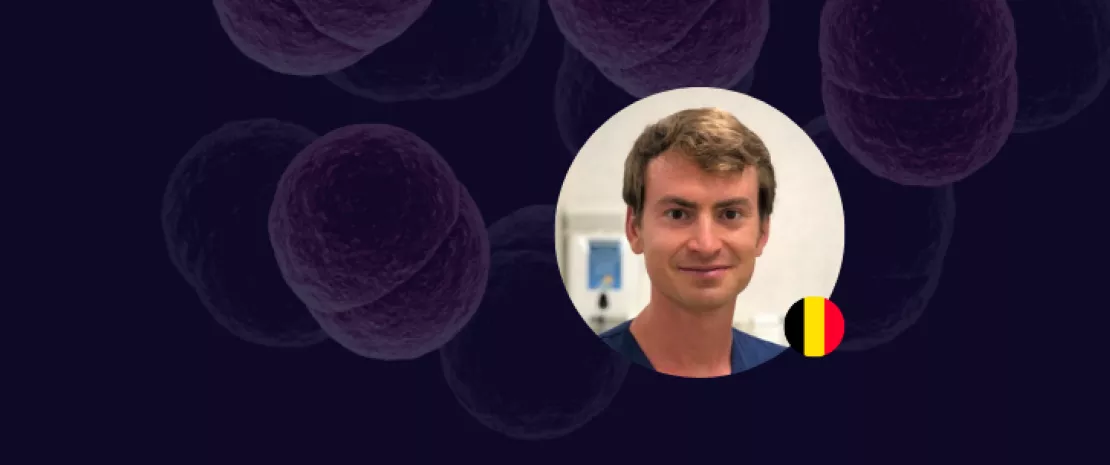Dr. Wauters (Belgium winner 2018): Duodenal microbiome & dyspepsia
To celebrate #WorldMicrobiomeDay, Biocodex Microbiota Institute is handing the floor to national grant winners.
Lay public section
Find here your dedicated section
Sources
This article is based on scientific information
Sections

About this article
Dr. Wauters, Lucas
Clinical researcher with experience in immunology, microbiology and clinical trials with a focus on the small intestine and nutrition.

What has the national grant allowed to discover in your microbiota research area?
The human gut microbiome is now widely recognized as a key contributor to health but the presence of a proximal small intestinal or duodenal microbiome remains largely understudied. With the support of the national grant, we studied the duodenal mucosa-associated and luminal microbiome in healthy volunteers and functional dyspepsia patients. A link between specific bacteria and symptoms was found in patients, and bacterial changes on proton pump inhibitors (PPI) were associated with potential inadvertent effects of these drugs in healthy volunteers.
What are the consequences for the patient?
The discovery of potential microbial biomarkers and therapeutic targets may ultimately contribute to the diagnosis and innovative treatments for functional dyspepsia. Moreover, microbial changes on PPI provide additional arguments not to initiate or continue PPI without a clear indication and to reduce inappropriate prescribing.
In your point of view, what is the biggest breakthrough related to microbiota these last years?
A better characterization of the healthy gut microbiome, eg. the effects of stool consistency and quantitative microbiota profiling (Vandeputte et al., Gut 2016 and Nature 2017) in order to define true disease-related changes in the microbiome (which are eg. not solely related to differences in transit time).
Do you think there is a growing interest on microbiota recently?
Yes, but more standardization is needed to compare different studies.
Do you have a tip for taking care of our microbiota?
Nourish your gut, using plant-based foods with naturally occurring prebiotics.
Do you have an anecdote, or a surprising fact/story to share on your research?
Stool samples do not provide detailed information on the small intestinal microbiome, of which the optimal sampling and techniques are still being studied.
What is for you the most fascinating bacteria?
Lactobacilli, due to their high fermentation potential.
Do you have an inspirational person in mind? (in the field of research? / Medical? / in general?)
Andreas Vesalius, for being bold enough to question dogma’s and performing original research in Leuven.

